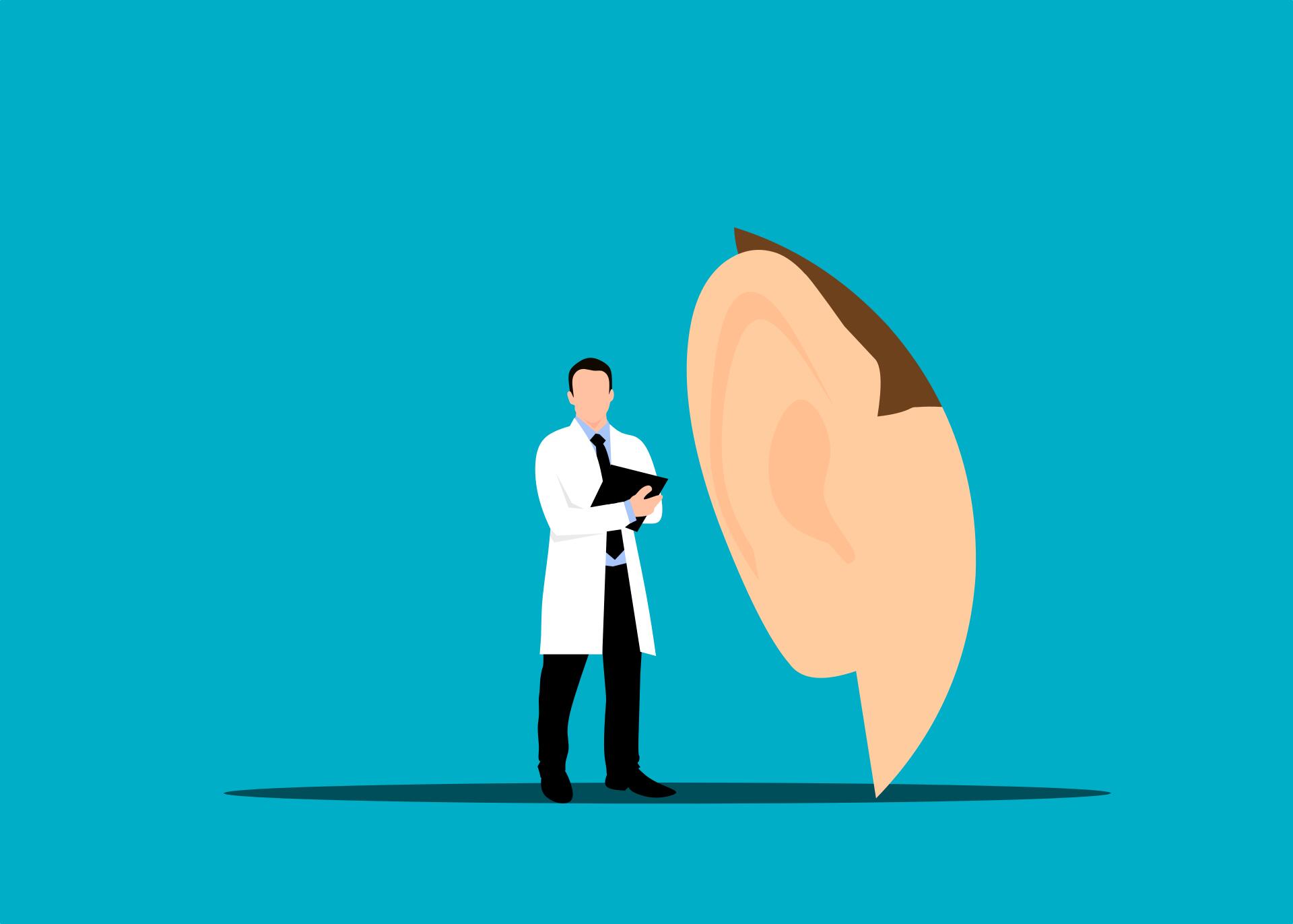
Gut-Wrenching Stress: Can It Really Cause Constipation?

Let’s face it: life throws a lot at us. Deadlines loom, traffic jams test our patience, and sometimes, it feels like our insides are rebelling along with our brains. Constipation is no stranger to many of us, causing millions to visit the doctor each year.
But, can you get constipated from stress?
This article dives into the surprising connection between stress and constipation, exploring the science behind it and offering tips to tame your worries and your gut.
Let’s dive into how gut-wrenching stress might be causing more than just butterflies in your stomach.
The Gut-Brain Connection
Ever heard of the gut-brain connection? It’s like a secret hotline between your digestive system and brain, constantly exchanging information. Surprisingly, these two powerhouses constantly communicate, influencing each other more than you might think.
Your gut has its own nervous system called the enteric nervous system, often called the “second brain.” This intricate network controls digestion independently but is closely linked to your central nervous system.
The communication between your gut and brain involves neurotransmitters like serotonin, the feel-good hormone that regulates mood and bowel movements. In fact, 95% of the body’s serotonin is produced in the gut. When stress hits, it can disrupt this delicate balance and lead to issues.
Can You Get Constipated From Stress?
When you’re stressed, your brain triggers the release of hormones that can disrupt the normal functioning of your digestive system.
This disruption can lead to symptoms like constipation, where your bowel movements become less frequent or difficult to pass. Stress-induced constipation occurs because the contractions that move food through your intestines slow down when you’re under pressure.
Additionally, stress can affect the balance of bacteria in your gut, which is essential for proper digestion and regular bowel movements. This imbalance can further contribute to constipation issues during stressful periods.
How Long Does Stress Constipation Last?
The duration of stress constipation can vary. It depends on the individual and their level of stress. Depending on how long the stressful situation persists, it can last for a few days or even weeks.
In some cases, stress-induced constipation may resolve once the stressor is removed or managed effectively. However, if left unaddressed, chronic stress can lead to ongoing constipation issues.
When to See a Doctor
While occasional constipation is common, chronic or severe issues could have different causes. If your constipation persists despite trying various solutions, it might be time to seek medical advice.
Persistent abdominal pain, bloating, or blood in your stool are red flags that should not be ignored. These symptoms could point toward more serious conditions, like irritable bowel syndrome (IBS).
Your doctor can evaluate your symptoms thoroughly and order any necessary tests to determine the cause of your constipation.
Constipation Treatment: Solutions to Help Get You Regular
When you need to go but can’t, what do you do? There are several ways you can address constipation caused by stress.
Addressing Stress
Tackling your stress can be a huge help. One approach is to prioritize self-care activities that help you unwind and relax. This could include meditation, deep breathing exercises, or engaging in hobbies that bring you joy.
Another way to tackle stress is by setting boundaries and learning to say no when overwhelmed. It’s essential to understand your limits and not overcommit yourself unnecessarily. Seeking support from friends, family, or a therapist can also provide valuable insights and coping mechanisms for managing stress effectively.
Incorporating mindfulness practices into your daily routine can help with stress relief. Focusing on the present moment and practicing gratitude can shift your perspective towards more positive thinking patterns.
Diet
What you eat can significantly impact your gut health and bowel movements. Incorporating fiber-rich foods like fruits, vegetables, whole grains, and legumes can help regulate digestion and prevent constipation. Additionally, staying hydrated by drinking plenty of water throughout the day is essential for maintaining healthy bowel function.
Avoid processed foods high in sugar and fat. They can slow down digestion and contribute to constipation. Adding probiotics like yogurt or kefir to your diet can promote good bacteria in the gut, aiding in smoother digestion.
It’s essential to listen to your body and make adjustments based on how different foods affect your digestive system. Experiment with a balanced diet that includes a variety of nutrient-dense foods.
Exercise
Exercise benefits physical health and can positively impact the digestive system. Regular physical activity helps to stimulate the muscles in your intestines, promoting more efficient bowel movements.
Exercise releases endorphins, the body’s natural painkillers and mood elevators. This can help reduce stress levels, which may alleviate constipation, often exacerbated by high-stress levels.
Find an exercise routine you enjoy. This could include the following and more:
- Going for a walk
- Practicing yoga
- Swimming
- Hitting the gym
- Pilates
- Running
- Playing disc golf
Remember to stay hydrated before, during, and after exercising to support proper digestion and prevent dehydration. Both of these are important factors in maintaining regularity.
Medication for Constipation
Medication can be a helpful option when dealing with constipation caused by stress. Various over-the-counter remedies are available that can help with constipation symptoms. These medications usually work by softening the stool or stimulating bowel movements.
Fiber supplements can aid in improving bowel regularity. Stool softeners may also be recommended to make passing stools easier and more comfortable. Laxatives, including stimulant laxatives and osmotic laxatives, are another common choice for treating constipation.
However, it’s important to use these medications under the guidance of a healthcare professional to ensure they are safe and appropriate for your specific situation. Overuse of certain laxatives can lead to dependency and worsen constipation in the long run.
Always consult your doctor before starting any new medication regimen for constipation relief.
Don’t Let Stress and Constipation Ruin Your Day
Can you get constipated from stress? Yes.
Fortunately, there are solutions. You can help regulate your bowel movements and improve your quality of life with the right interventions. Are you looking for medication to help when you need to go?
Kiwi Drug can help you save up to 50% or more on your local drugstore prices. We’re backed by a pharmaceutical company that’s been in operation for over 40 years. Start shopping with us today and find constipation medications to ease your stomach woes.
Related Posts


